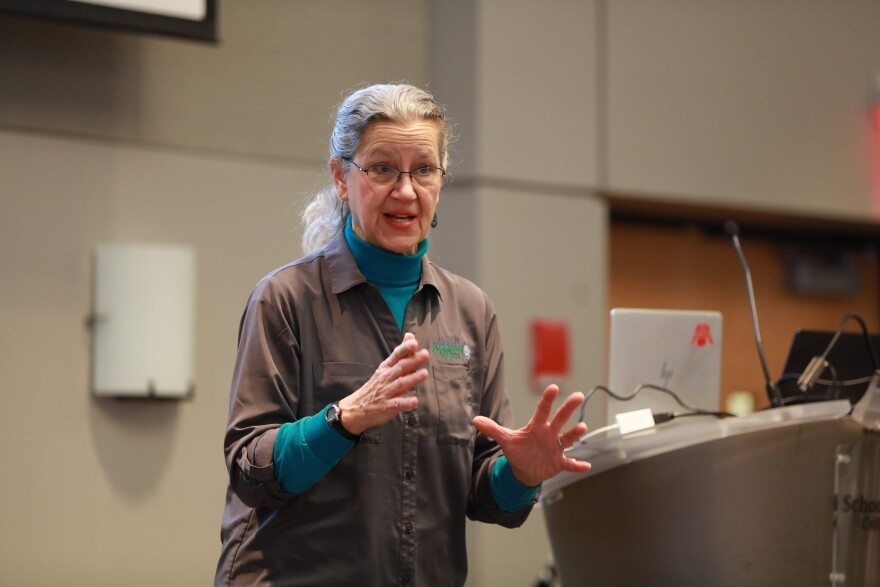Dementia is not a single disease, but more of an umbrella term for cognitive changes that can affect a person as they age. We commonly think of it as memory loss, but dementia can take many other shapes as well, affecting the mind and the body in ways that can seem bizarre and inexplicable to a caregiver.
Understanding a little about the biology of dementia can demystify those changes, and Teepa Snow is an occupational therapist and educator who has made it her mission to do just that. She says that fundamentally, dementia is the result of neurons in the brain dying for one reason or another.
“Neurons in your brain are what allow your brain to do its job, to guide your body, to give you speech, to give you thought, to give you vision,” she says. When those neurons start to go, nearly every part of the body can be affected.
If the part of the brain involved in vision is affected, the result can be a narrowing of the field of vision, making it harder to see anything other than what’s immediately in front of you and leading to clumsiness or imbalance. If the parts of the brain that process sensory information begin to die, some parts of the body can become desensitized while others become hypersensitive.
Recognizing the specific physical effects of dementia is a way for caregivers to better understand the person they’re caring for and possibly to reduce the frustration of wondering what’s going on inside that person’s brain.
But, it’s only one tool in a caregiver’s toolkit, and Teepa says that becoming an effective caregiver takes time.
“We treat working with someone living with dementia like it should be something anybody should be able to do. I actually don't view it that way. I think it's a skill set that you have to develop, and you have to like doing this.”
On this episode of Twenty-Four Seven: A Podcast About Caregiving, Kitty talks with Teepa about the nuts and bolts of dementia and gets Teepa’s advice for trying to change difficult behaviors. You can subscribe on Apple Podcasts, Spotify, or any other podcast app.


